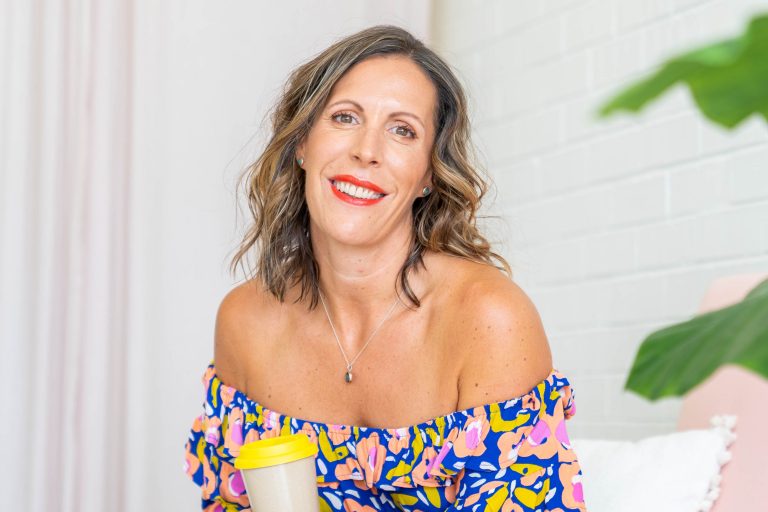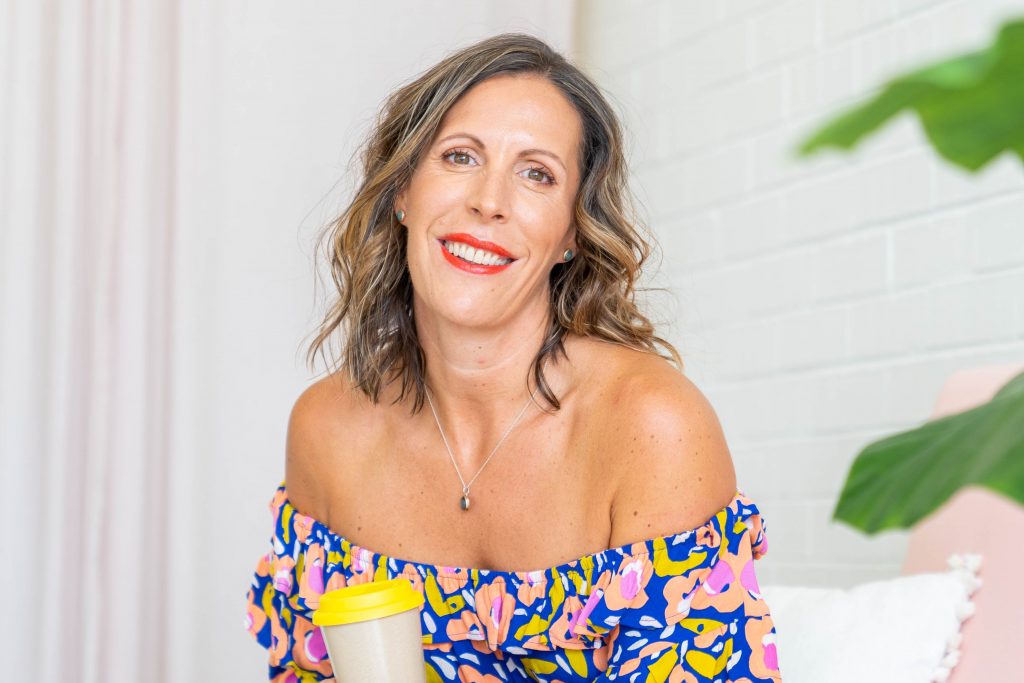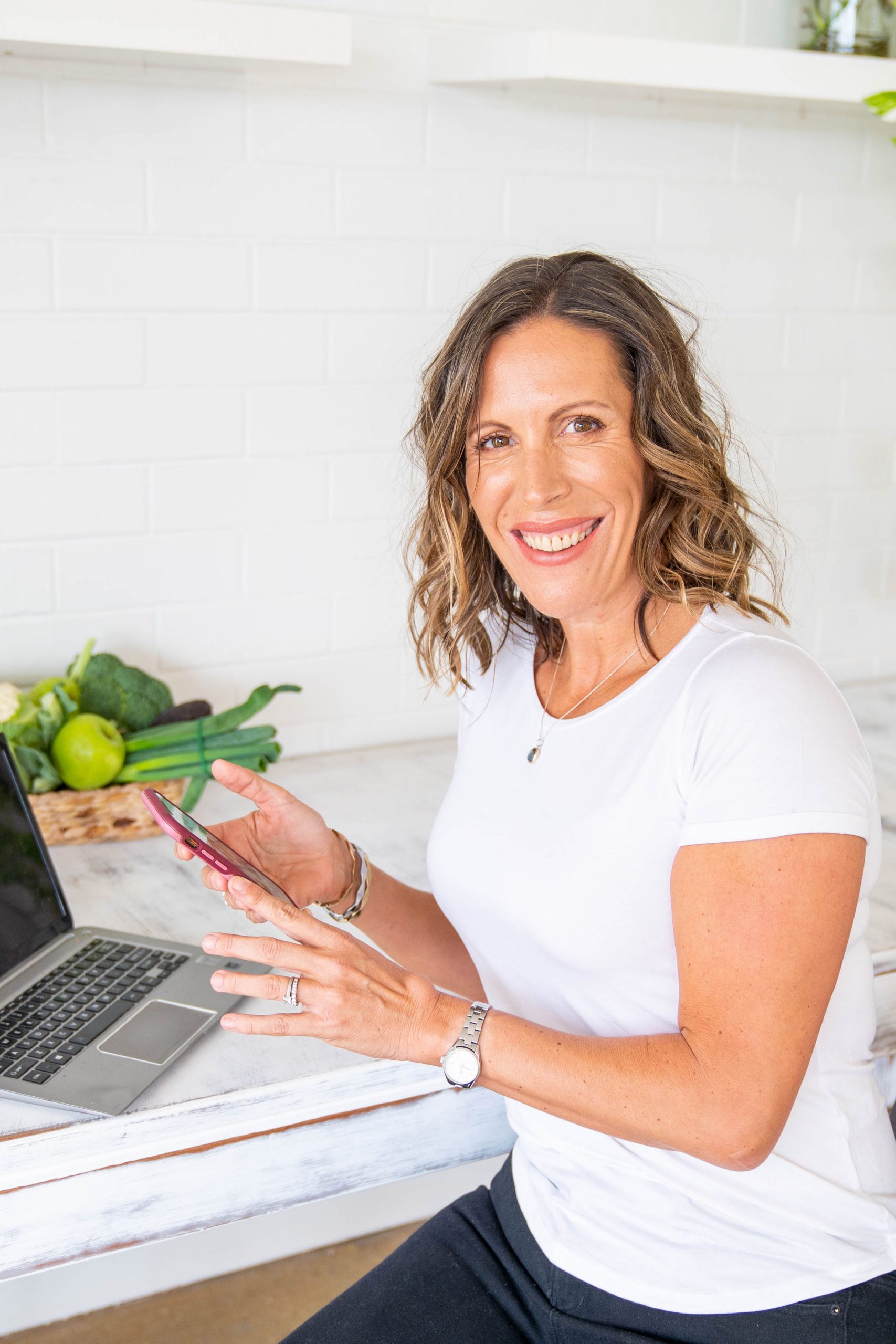

With ‘Dry July’ just round the corner and many of us entering into a month of living alcohol free, we chatted to sobriety coach Sarah Rusbatch about the benefits of signing up to a challenge like this and what we can expect to experience over the course of the month.
Sarah explained that for those of us stuck in that murky ‘grey area’ of drinking, a month off can be an excellent opportunity to re-evaluate our relationship with alcohol and decide
whether it’s starting to hold a too prevalent position in our day to day lives.
So what actually is ‘grey area drinking’?
Grey area drinking can be thought of in terms of a scale of 1-10 when it comes to someone’s drinking patterns with 1 being ‘hardly ever thinks about it’ and 10 being ‘end stage, physical dependency’. The grey area is those hovering around that middle area, perhaps a 4-8 on the scale. Grey area drinkers often don’t drink every day, don’t identify as being an ‘alcoholic’ but are perhaps using alcohol as a bit of a crutch to cope with stress, overwhelm, anxiety and all of those common emotions we often feel by 6pm after a busy day at work. Let’s face it, if we are not in the grey area ourselves, we most probably know someone who is.
Sarah’s journey to sobriety
For Sarah, some warning signs started creeping in that first led to her deciding to take a
break from alcohol back in April 2017. “Poor sleep every time I drank, always waking at 3am unable to get back to sleep, imbalanced hormones and high oestrogen, weight gain, poor skin, anxiety, lethargy, lack of motivation, feeling disconnected to myself and an overarching feeling of “is this it?” when I thought about my life, but not knowing what to change or how”.
Another way of assessing our drinking is to consider how many days of the week we are on our ‘A’ game, fulfilling our potential and feeling our best. We know that many Australians drink without thought every weekend, sometimes quite heavily from Thursday to Sunday. It takes 48 hours for alcohol to leave the system so perhaps by Wednesday they are starting to feel ok and their energy levels have resumed. If they then decide to have a couple of drinks on a Wednesday night, this will still affect their sleep, mood, motivation, output levels and concentration the next day. This therefore means many Australians are actually only living up to their full potential both at work and in their personal life for 1 day of the week.
When Sarah embarked on a period of sobriety (where 1 month turned to 3 after she felt so good), she was pleasantly surprised by the unexpected positives she experienced in a
relatively short time. “My skin began to glow, all the spots along my jaw line cleared up and my eyes got their sparkle back. I lost weight, I had so much energy and such a positive outlook. I gradually began to feel more positive, had so much more time to enjoy my weekends and evenings and loved going to sleep each night knowing I wouldn’t wake with the dreaded 3am sweats and insomnia. I felt like I was being more of the mum I wanted to be, was more present with my kids and was no longer shooing them to bed early so I could get back to my wine. My productivity at work shot up and my motivation towards my health healthier lifestyle and fitness dramatically improved. I felt like I was truly on the path to creating a happier and that meant so much more to me than sitting at home with a bottle of wine each night”.
Although Sarah did return to drinking after her 3 month break, it was the start of what would become a complete lifestyle change for her. She has just celebrated 2 years of sobriety, has retrained as a women’s wellbeing and sobriety coach and works with women all over the globe to change their relationship with alcohol.
Join Sarah’s alcohol free challenge
If you would like to know more about Sarah’s story and to join her upcoming alcohol free
challenge, click here. If you would like to join Sarah’s global facebook community click here.

Sarah Rusbatch is one of Australia’s first (and Perth’s only) ‘grey area drinking coach’, host of a meet up group for women to meet and socialise without alcohol, host of ‘the women’s wellbeing collective’ – a group of over 3500 women from across the globe interested in changing their relationship with alcohol and a passionate ambassador for the growing Alcohol free movement in Australia.